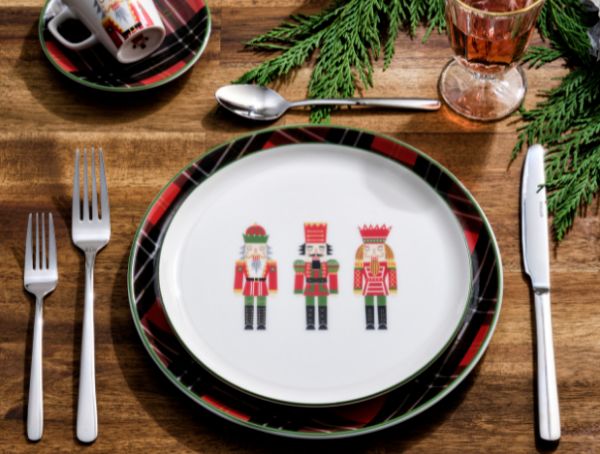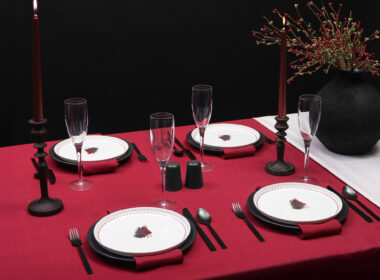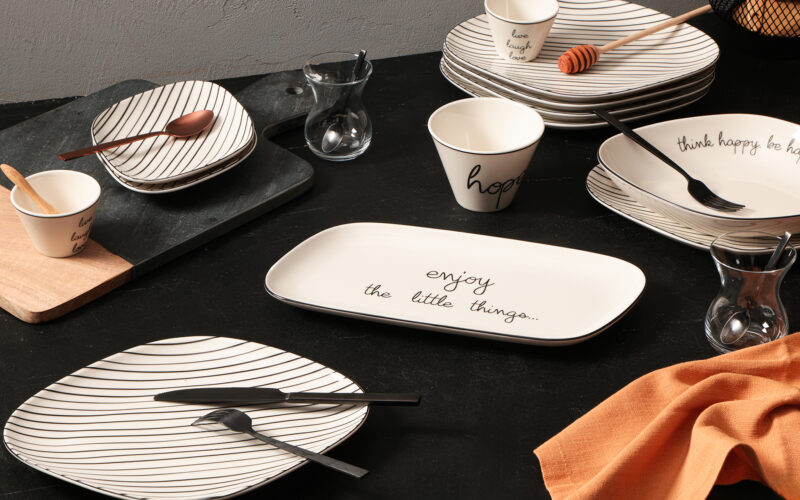How to boil an egg? Discover step-by-step cooking times and tips for soft-boiled, medium-boiled, or hard-boiled eggs!
Boiled eggs are one of the simplest yet most loved breakfast flavors. Depending on the cooking time, eggs take on completely different textures and tastes. Whether soft, medium, or hard, when prepared with the right method, they earn their place at the table. In this content, we bring together boiling times according to different consistencies, the important details to pay attention to, and presentation tips to make breakfast even more enjoyable.
How Long Does It Take to Boil an Egg?
The exact readiness of a boiled egg depends on the desired consistency. One of the most important factors that determines how the egg will turn out is the correct timing after the water starts boiling.
This period ranges between 3 and 12 minutes, depending on the preferred doneness:
- Short boiling → the yolk remains runny.
- Medium boiling → the yolk becomes semi-set.
- Long boiling → the yolk and white are fully set.
For this reason, egg boiling times should be adjusted according to your taste.
How to Make Medium-Boiled Eggs?
Medium-boiled eggs have fully cooked whites and slightly runny yolks.
- Place the eggs into boiling water.
- Boil for 5–6 minutes.
- Immediately transfer them into cold water to stop cooking and preserve the texture.
This method provides a balance between soft and hard consistency, making it ideal for those who prefer moderately firm eggs.
How to Make Soft-Boiled Eggs?
Soft-boiled eggs are one of the most preferred cooking styles, with lightly cooked whites and fully runny yolks.
- Carefully place the eggs into boiling water.
- Boil for 3–4 minutes.
- Immediately transfer them into cold water and shock them.
Placing boiled eggs into cold water quickly lowers the inner temperature, stopping the cooking process. It also makes the shells easier to peel.
Soft-boiled eggs in this consistency are especially suitable for hot and practical serving at breakfast tables. For a stylish and functional experience, you can check out egg cup varieties and crown your breakfast pleasure with an elegant presentation.
How to Make Hard-Boiled Eggs?
Hard-boiled eggs are one of the most classic cooking methods. The white and yolk are completely cooked.
- Place the eggs into boiling water.
- Boil for 10–12 minutes until fully set.
It is important not to exceed this time, as overcooking may cause a greenish ring around the yolk.
Things to Pay Attention to When Boiling Eggs
- Eggs should be at room temperature before boiling. Eggs taken directly from the refrigerator may crack when placed in boiling water.
- Adding a small amount of salt or vinegar to the water prevents cracking and helps the shells peel more easily.
- Gently lowering the eggs into the water ensures a safe boiling process without cracks.
Factors Affecting Egg Boiling Time
- Egg size → Larger eggs require more time; smaller ones cook faster.
- Water temperature → Whether the egg is placed in hot or cold water changes the total time.
- Type of pot used → The thickness and heat distribution of the pot also affect boiling times.
Common Mistakes in Boiling Eggs
- Overcooking → One of the most common mistakes is boiling eggs for too long. This causes loss of flavor and creates a greenish layer around the yolk.
- Starting with cold water → Another mistake is putting the eggs into cold water and bringing them to a boil together. This makes timing harder and affects consistency. If you prefer starting with cold water, you need to extend the boiling time slightly.
Egg Boiling Methods
In addition to classic boiling, different methods can also be used.
- Steaming → Ideal for gentler cooking, producing softer results.
- Sous vide → Allows precise cooking control, perfect for those who want to adjust texture with millimetric accuracy.
However, for practical home applications, the classic boiling method is still the most reliable and easiest alternative.
Quick Consistency Guide for Egg Boiling Times
- Soft-boiled → 3–4 minutes
- Medium-boiled → 5–6 minutes
- Hard-boiled → 10–12 minutes
It is important to carefully track the time after the water starts boiling and place the eggs in cold water immediately afterward to balance the consistency.
Porland’s Serving Suggestion: Elegant Breakfast Egg Presentations
Serving boiled eggs in a stylish way adds an aesthetic touch to breakfast tables.
The serving products used not only provide practicality but also enhance the overall atmosphere of the table.
- Colorful egg cups
- Elegant serving plates
- Complementary breakfast accessories
These elements transform the breakfast table into a special moment. For stylish presentations, discover the Porland breakfast set category.













